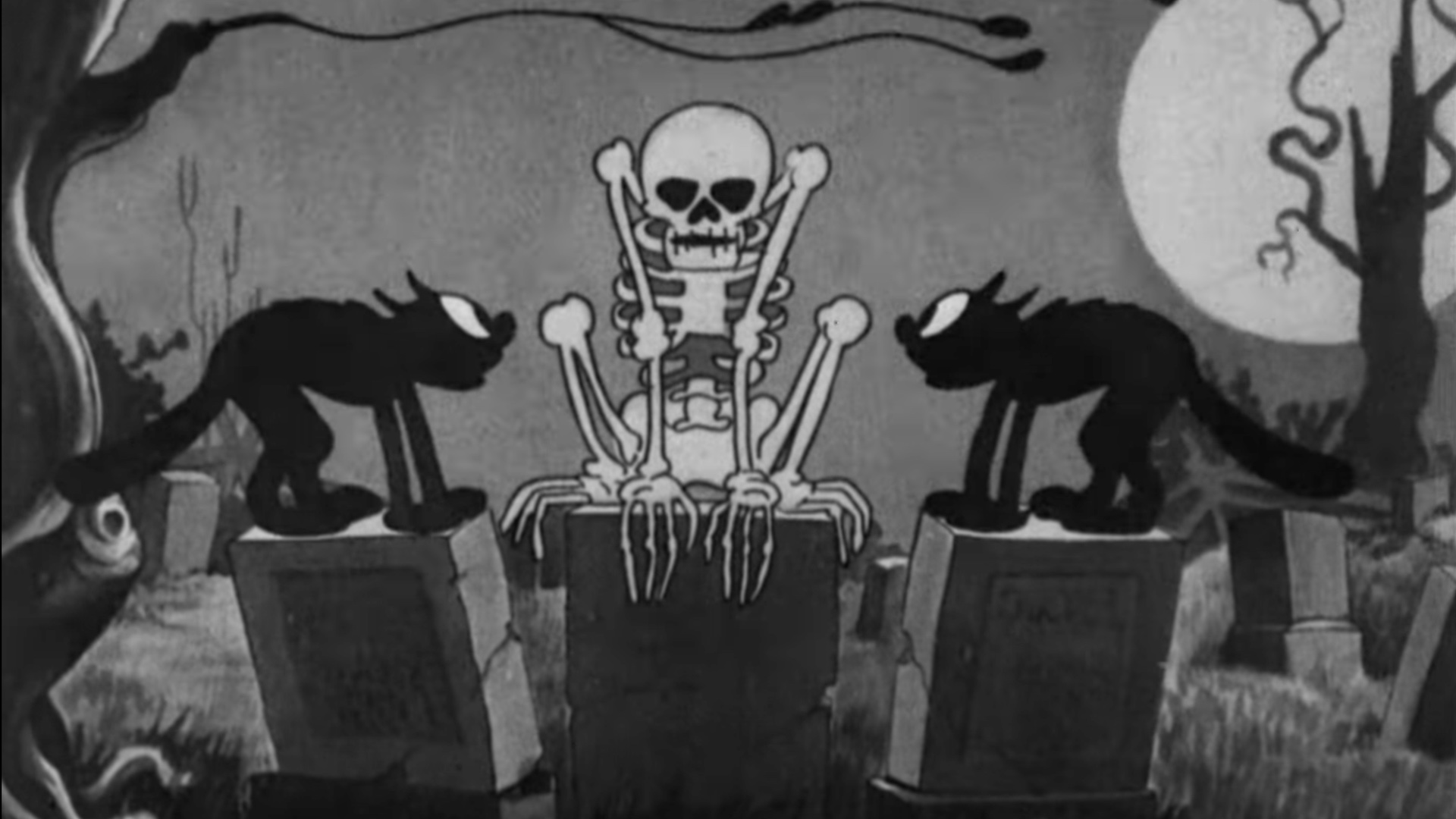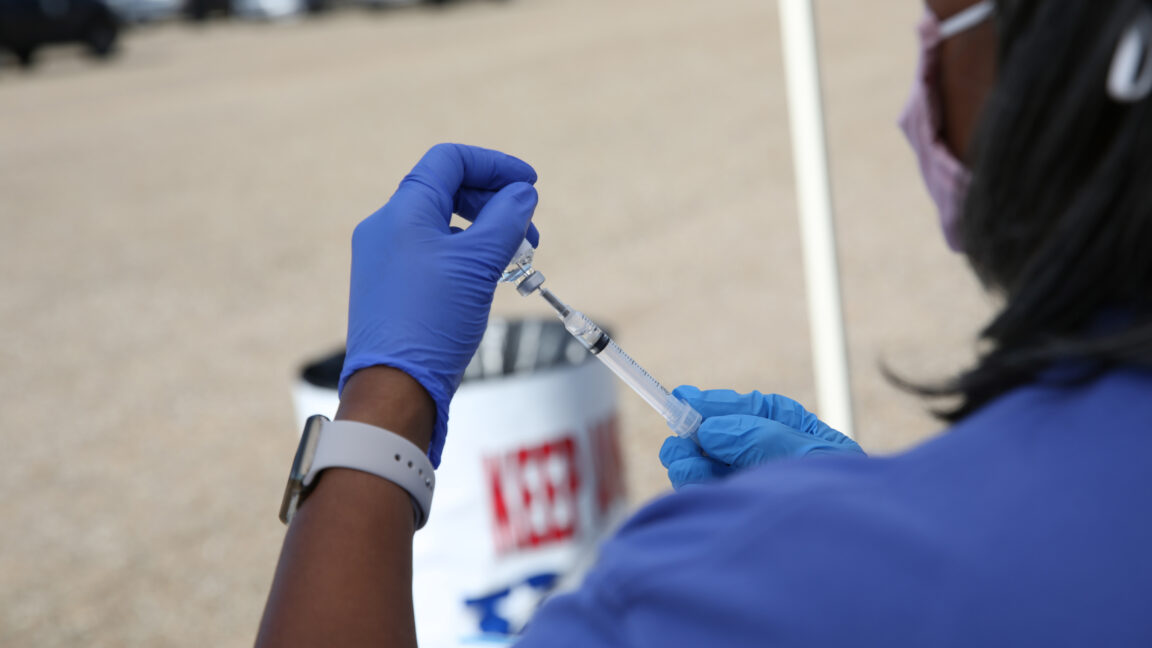I Gave BirthâI Found Out About the Mother Wound Later

Upon reading William C. Hannah's quote: "Sometimes, all you can do is lie in bed, and hope to fall asleep before you fall apart," I am immediately taken back to the several weeks of sheer distress I experienced after giving birth to my first child.
The black abyss of sleep couldn't come fast enough. It didn't matter the time of day or night, I needed to be completely devoid of the emotions plaguing me from the moment my labor ended and my unforeseen nightmare began. I wasn't even a shell of my former self—I was simply disappearing, a crumbling exoskeleton creeping towards an overwhelming non-existence that I feared and yearned for in equal measure.
At the time, I didn't realize what was happening. The only certainty I had was that my previous life was over and my old self had been replaced by a confused, terrified and shame-ridden specter.
No one had prepared me for this. Society tells you that having a baby can only be accompanied by feelings of joy and elation. And while I was extremely grateful to finally have the miracle baby I had so desperately prayed for, the anxiety and sleep deprivation crept in with alarming speed and intensity.
I couldn't verbalize the emotions I was experiencing, but there was one word that kept infiltrating my mind—hopeless. I was incapable of imagining that things would get easier with time or that I would eventually adjust to a new normal.
I convinced myself that my baby deserved better than a hollow, inept mother—consequently, I receded into myself and took comfort in the warmth and security of my bed. The pillow became my best friend, the blanket my protector.
I have learned over the years that some of the most commonplace milestones of life can be the most painful—the breakdown of a friendship, the death of a parent, the difficulties of breastfeeding.










